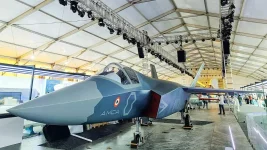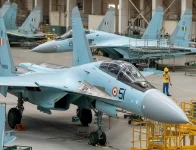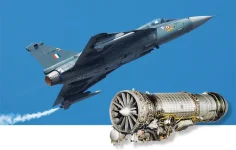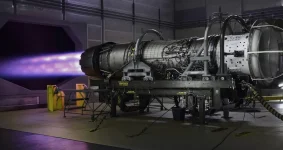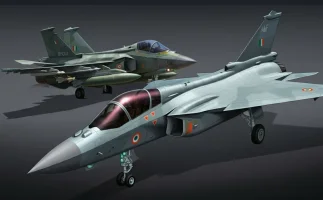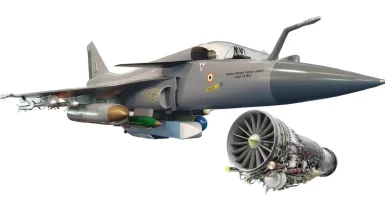- Views: 8K
- Replies: 29
State-owned aerospace manufacturer Hindustan Aeronautics Limited (HAL) is increasing collaboration with private Indian companies to expedite the production of Light Combat Aircraft (LCA) Tejas Mk1A fighters for the Indian Air Force (IAF).
This strategy supports a major order for 97 additional Tejas jets, valued at approximately ₹650 billion ($7.8 billion), which received approval from the Defence Acquisition Council in November 2023.
This new order follows an earlier contract from January 2021 for 83 Tejas Mk1A aircraft, bringing the total commitment to 180 of these advanced fighters.
To meet the demanding delivery schedules required by the IAF, HAL is significantly boosting its manufacturing capabilities. The company aims to produce 24 Tejas aircraft annually by the 2025-2026 timeframe.
This increased output will be achieved through its existing production lines in Bangalore, supplemented by a new facility in Nashik, Maharashtra, which was scheduled to become operational in late 2024.
This expansion is crucial for the IAF's plans to replace its ageing fleets of MiG-21, MiG-27, and Jaguar aircraft and to restore its combat squadron strength, which currently stands below the officially sanctioned level.
A key element of HAL's production plan involves greater outsourcing to established private defence and aerospace firms. Companies such as Larsen & Toubro (L&T) and Tata Aerospace, already suppliers of major aircraft sections (aerostructures), are expected to undertake more comprehensive roles. This approach aims to streamline the final assembly process at HAL facilities.
A significant step in this collaboration was marked in March 2025 when private firm Alpha Tocol delivered the first outsourced rear fuselage section for the Mk1A. Defence Minister Rajnath Singh highlighted this achievement as a moment of "great joy and pride," underscoring the success of the public-private partnership model within the "Make in India" defence initiative. The strategy allows private partners to deliver larger, pre-assembled modules, reducing the final integration time at HAL.
Despite these strategic advancements, HAL faces challenges in meeting its production targets. Delays in receiving F404 engines from GE Aerospace in the United States have impacted the assembly line. While GE Aerospace committed to delivering 12 engines starting in March 2025, supply chain issues persist.
Consequently, HAL has reportedly completed only a small number of Mk1A jets from the initial order, with production falling short of earlier projections. These delays have drawn comments from the IAF leadership, including remarks made during the Aero India 2025 airshow, expressing concerns over HAL's ability to meet the promised delivery timelines.
Overcoming these supply chain hurdles is critical for HAL to fulfil its commitments and support the IAF's ongoing modernization efforts and enhance India's indigenous defence capabilities.

